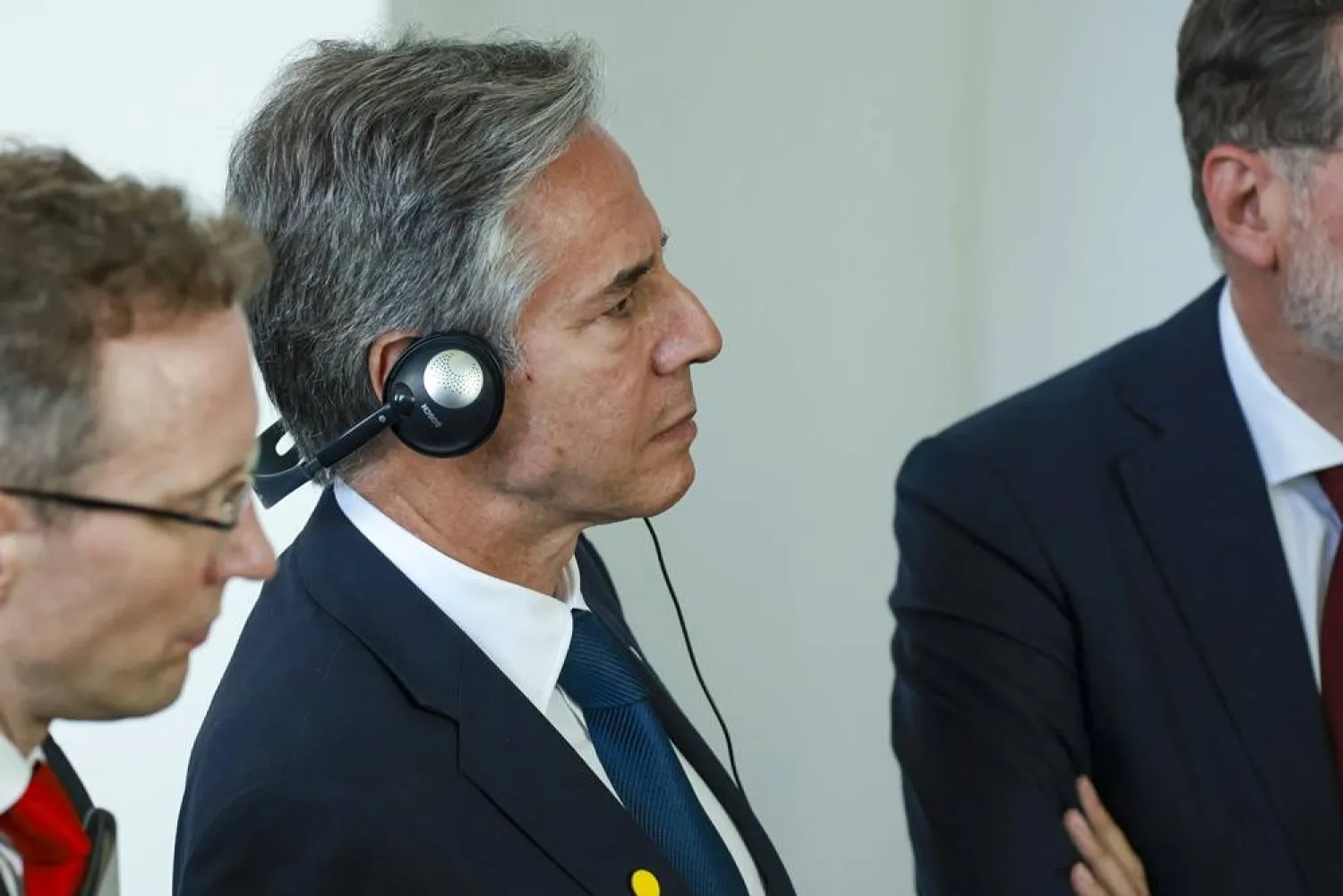US Secretary of State Antony Blinken is heading again to the Middle East, making his 11th trip to the region since the war in Gaza erupted last year and as Israel steps up attacks against Hezbollah in Lebanon.
The State Department said Blinken would depart Monday for a weeklong trip to Israel and a number of Arab countries on a visit that also comes as Israel weighs retaliation against Iran for a ballistic missile attack earlier this month.
The trip had been expected after President Joe Biden said last week he would dispatch Blinken to the region following Israel’s killing of Hamas military chief Yahya Sinwar, a move that some believe could open a window for new talks on a ceasefire proposal that has been languishing for months.
In Israel on Tuesday, Blinken will meet Prime Minister Benjamin Netanyahu and President Isaac Herzog, according to Israeli officials.
“Secretary Blinken will discuss the importance of bringing the war in Gaza to an end, securing the release of all hostages, and alleviating the suffering of the Palestinian people," State Department spokesman Matthew Miller said in a statement.
In the region, Blinken will discuss planning for when the conflict ends and “the need to chart a new path forward that enables Palestinians to rebuild their lives,” Miller added.
He said Blinken also would underscore the need for a dramatic increase in the amount of humanitarian aid reaching Gaza, something that Blinken and Defense Secretary Lloyd Austin made clear in a letter to Israeli officials last week. That letter reminded Israel that the Biden administration could be forced by US law to curtail some forms of military aid should the delivery of humanitarian assistance continue to be hindered.
In addition to the conflict in Gaza, Blinken will also raise the importance the administration places on reaching a diplomatic resolution to the escalating conflict between Israel and Hezbollah in southern Lebanon and elsewhere.
“He will reaffirm the US commitment to work with partners across the region to de-escalate tensions and provide lasting stability,” Miller said in the statement.
Since the Hamas attacks in Israel on Oct. 7, 2023, and the Israeli response, Blinken has traveled to the Middle East 10 other times seeking an end to the crisis. His previous trips have yielded little in the way of ending hostilities, but he has managed to increase aid deliveries to Gaza in the past.
Since just last month, the situation has grown increasingly tense, sparking renewed fears of a wider regional war, particularly since Israel began ground operations in Lebanon against Hezbollah and killed its leader Hassan Nasrallah in a massive airstrike in the Beirut suburbs.
Iran has responded to Israeli attacks against its proxies with ballistic missile launches, the latest of which Israel has yet to retaliate for. Biden administration officials have cautioned Israel about its planned retaliation and believe they have won assurances from Israeli leaders that they will not hit nuclear or oil facilities.
However, Netanyahu has said repeatedly that while Israel will listen to American advice, his country will act in its own national interest. And previous US warnings about escalation have gone unheeded.









